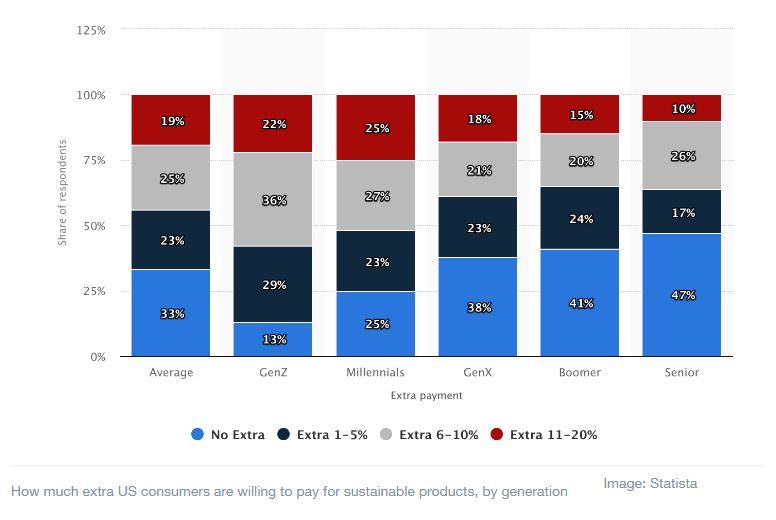Following the irreversible shift of entrepreneurial mindset towards corporate governance, business owners are reconsidering the purpose of their endeavours.
This summer 181 CEOs of the world’s largest corporations have finally figured out that it’s time for a shift from shareholder to stakeholder capitalism. No longer is making money believed to be a sufficient corporate purpose; rather, businesses are expected to “share a fundamental commitment to all of their stakeholders,” including customers, workers, suppliers and the broader communities within which they operate.
This is not news for those people who have already launched a social enterprise or decided to engage in impact investing. If you haven’t yet, what can you as a business owner do now to serve your community better?
April Rinne, Founder and Principal of April Worldwide, mentions the following types of businesses where corporate governance is at the core of strategy:
1. Cooperatives
Rather than being owned by investors or shareholders who may have no direct connection to a company, cooperatives are owned by their respective communities: the people who build, grow and maintain the organization.
Organized cooperatives date back to the 18th century and exist in a variety of sectors, from agriculture to retail to housing. They can be worker-owned or member-owned. Worker-owned cooperatives are owned by the employees, while member-owned cooperatives are owned by members, who have less vested interest than employees.
From fan owned football clubs to farmer controlled businesses, there are over 7,000 independent co-operatives across the UK. Co‑operatives UK is a network for Britain’s thousands of co-operatives that works to promote, develop and unite member-owned businesses worth £37.7 billion to the economy.
2. B Corps
B Corporations, or B Corps, are “businesses that meet the highest standards of verified social and environmental performance, public transparency, and legal accountability to balance profit and purpose.”
A company receives B Corp status via certification, which is a rigorous process that includes a comprehensive third-party assessment of social and environmental performance on a range of metrics. Upon certification a company signs the Declaration of Interdependence and pays annual certification fees, which range based on the company’s annual sales.
At present, there are more than 2,500 certified B Corps in more than 50 countries. The first 82 B Corps were certified in 2007.
3. Benefit corporations
Benefit corporations are legally authorized to lock in positive social, environmental and community impact (in addition to profit) in their constitutional and governance documents, and they are legally protected to make decisions and investments in furtherance of these non-financial goals.
Unlike B corps’, benefit corporations’ commitments to more responsible, inclusive and sustainable business cannot be changed by a new owner or new CEO deciding to change course (as it happened at Etsy, which gave up its B Corp status in 2017 because a new CEO didn’t share the same priorities as the ousted one).
4. Zebra companies
Unlike cooperatives, B Corps, and benefit corporations, zebra companies do not have a defined structure or set of standards they must meet. Zebra company ranks may include all of these variations. As Zebras Unite co-founder Mara Zepeda has said, “The business model is the message. We show our values in how we operate.”
In contrast to venture capital-backed startups which prioritise fast growth and astronomical payouts, Zebras seek sustainable returns over time, resilience, commitment to community and the broader ecosystem within which they operate. They seek to thrive as a group.
As one can see, all these types of companies address the issue of building business for good in authentic ways. They go beyond press releases and ‘corporate social responsibility’ measures to demonstrate a clear commitment to all of their stakeholders and the communities they serve.
If the above ideas seem too difficult to implement, keep in mind that millennial and GenZ customers are increasingly opting for sustainable products and services:

Thus, changing your company’s DNA in line with the new principles of corporate governance is likely to bring more clients and increase sales volumes, leading to higher profitability of your business.
Image: Clark Tibbs











Thanks!
Our editors are notified.